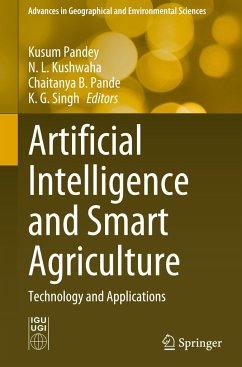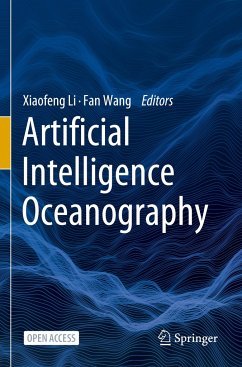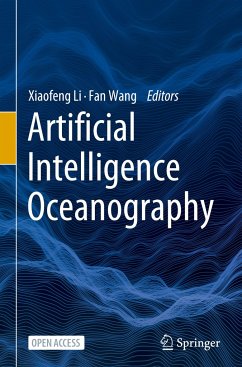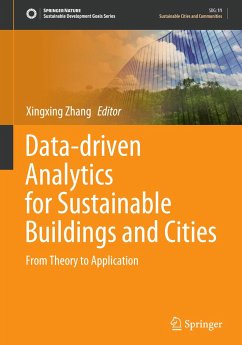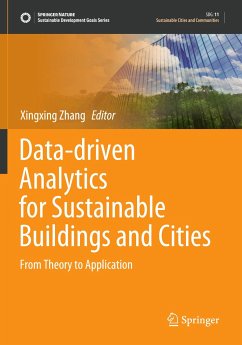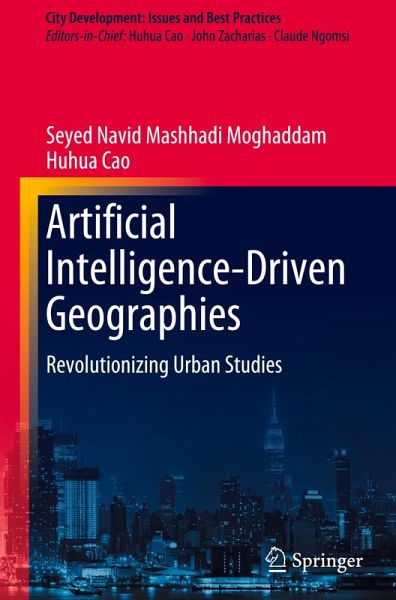
Artificial Intelligence-Driven Geographies
Revolutionizing Urban Studies

PAYBACK Punkte
57 °P sammeln!
This groundbreaking book delves deep into the history of AI, the major techniques and algorithms of machine learning and deep learning, and the critical role of data sources and processing in these disciplines. It covers a range of AI applications in human geography, including population distribution, land use, environmental risk assessment, and socioeconomic analysis. In urban planning, the book explores AI-driven approaches to smart cities, transportation management, urban growth prediction, and sustainable development, among others.As AI continues to permeate every aspect of human life, it ...
This groundbreaking book delves deep into the history of AI, the major techniques and algorithms of machine learning and deep learning, and the critical role of data sources and processing in these disciplines. It covers a range of AI applications in human geography, including population distribution, land use, environmental risk assessment, and socioeconomic analysis. In urban planning, the book explores AI-driven approaches to smart cities, transportation management, urban growth prediction, and sustainable development, among others.
As AI continues to permeate every aspect of human life, it is essential to understand and address the ethical considerations and challenges associated with AI-driven planning. This book tackles crucial issues such as data privacy, algorithmic bias, equitable access to technology, and the future of employment in the fields of geography and urban planning. In addition, it presents inspiring case studies, highlighting successful AIapplications in human geography and urban planning, and offers insights into future research directions and challenges.
This book is a must-read for students, researchers, and professionals in geography, urban planning, environmental studies, and related fields. It is also an invaluable resource for policymakers and urban planners seeking to leverage the power of AI to create smarter, more sustainable, and equitable cities and communities. This book equips you with the knowledge and tools to harness the potential of AI, leading the way to a better understanding of our world and a brighter future for all.
As AI continues to permeate every aspect of human life, it is essential to understand and address the ethical considerations and challenges associated with AI-driven planning. This book tackles crucial issues such as data privacy, algorithmic bias, equitable access to technology, and the future of employment in the fields of geography and urban planning. In addition, it presents inspiring case studies, highlighting successful AIapplications in human geography and urban planning, and offers insights into future research directions and challenges.
This book is a must-read for students, researchers, and professionals in geography, urban planning, environmental studies, and related fields. It is also an invaluable resource for policymakers and urban planners seeking to leverage the power of AI to create smarter, more sustainable, and equitable cities and communities. This book equips you with the knowledge and tools to harness the potential of AI, leading the way to a better understanding of our world and a brighter future for all.






